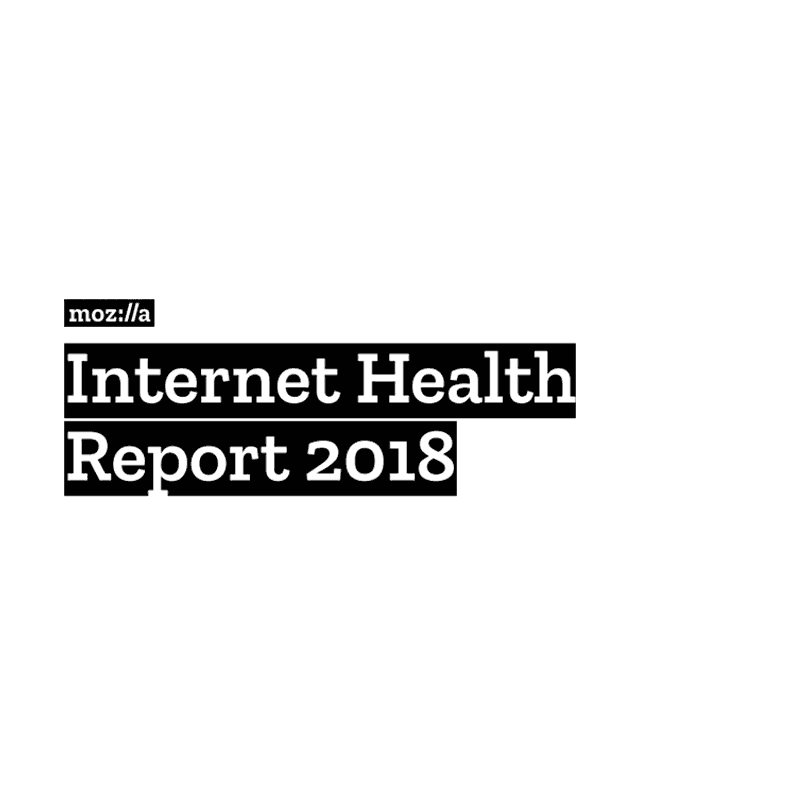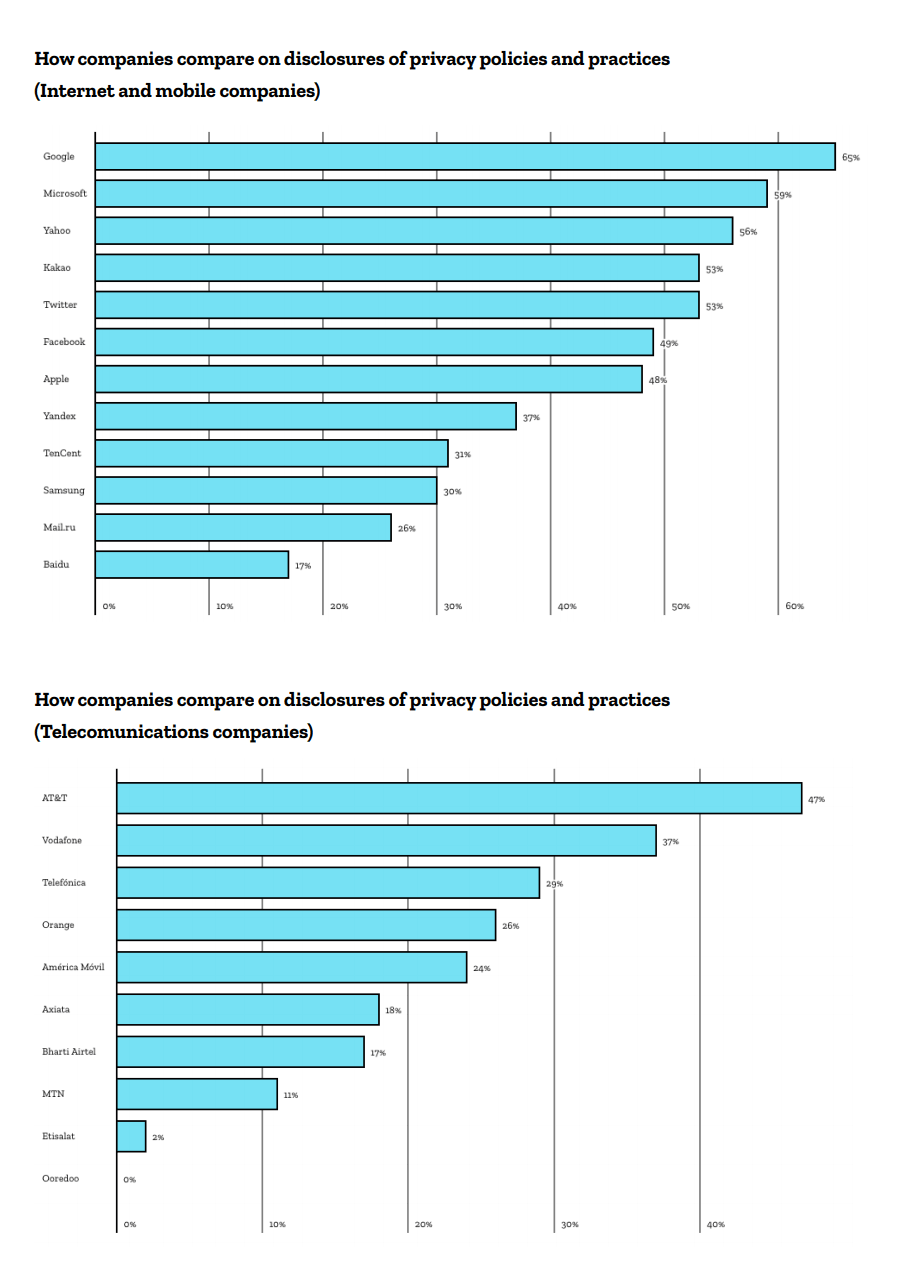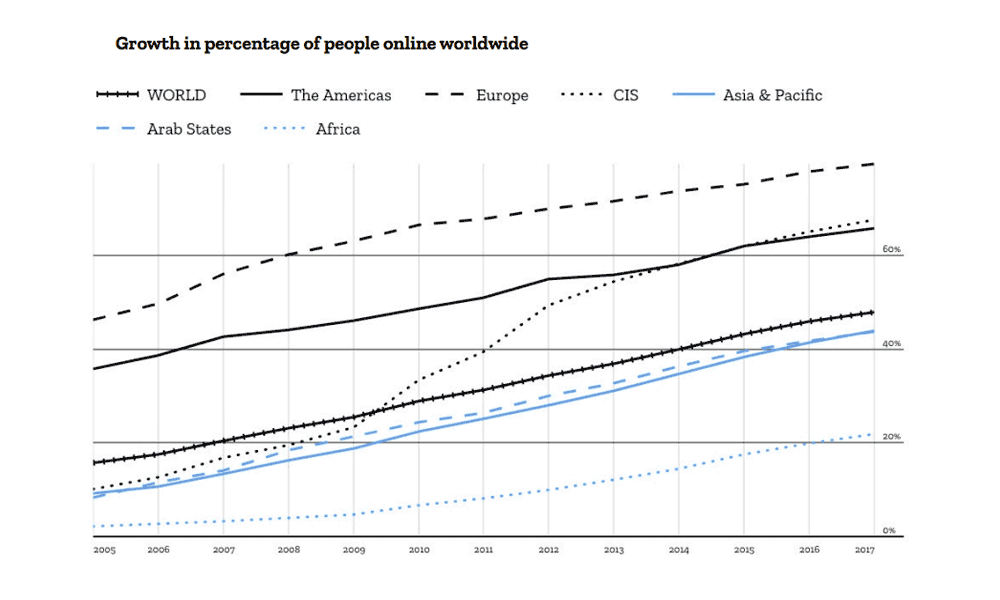
On its inaugural Internet Health Report, the Mozilla Foundation calls for tech giants like Google, Facebook, Amazon and others to be regulated.
Although technology companies in the U.S., China and other countries, have "helped billions realize the benefits of the internet," Mozilla's report calls for regulation of these players to mitigate monopolistic business practices that undermine "privacy, openness, and competition on the web."
"They box out competitors, restricting innovation in the process," the 2018 report reads.
"As their capacity to make sense of massive amounts of data grows through advances in artificial intelligence and quantum computing, their powers are likely to advance into adjacent businesses through vertical integrations into hardware, software, infrastructure, automobiles, media, insurance, and more — unless we find a way to disrupt them or break them up."

Through the Internet Health Report, instead of giving the internet an overall health score, The Foundation explores major issues concerning the internet that have been manipulated by giants of the web.
For this reason, Mozilla stated that governments should enforce anti-competitive behavior laws, and also rethink outdated antitrust models when implementing regulation of tech giants.
The Foundation believes those big companies have contributed to the relative health of online environments, and have impact in the trends of how people live in the real world.
From fake news to propaganda, and also weak security on the Internet of Things (IoT) devices, were also among the unhealthy trends flagged by Mozilla.
"Up to 30 billion devices will come online by 2020, including insecure webcams, baby monitors, and other devices that can be enslaved and collectively wielded as a weapon," the report reads. "For every device with either no password or a bad one, the internet becomes a little more fragile and dangerous."
As an example, the report cites the use of Mirai malware which played a role in the massive DDoS attack on Dyn.
The Internet Health Report is an open-source initiative compiled with assistance from Mozilla, technologists, digital rights activists, and researchers. It is meant "to explore the state of human life on the Internet," wrote Mozilla Executive Director Mark Surman in an online post.
It doesn't cover only the bad things about the internet, as they are also some good ones.

While the report explained that censorship, energy use, and online harassment have gotten worse, the good news is that internet access, data encryption, and affordability are becoming better. Among the positive findings, nearly 70 percent of Firefox web traffic comes from HTTPS-encrypted web pages, as of the report's release.
This was made possible by search giants like Google and Bing, as well as others that index HTTPS web pages by default, and label HTTP pages as insecure.
Another positive result is the number of internet users that are still increasing. As the internet has reached half of the world's population, the challenge to get the other half online, is to drop the price.
"Considering that internet access is crucial to economic development, we urgently need affordability, accessibility, and quality to increase for the populations that need it most," the report stated.